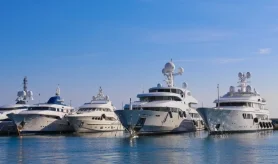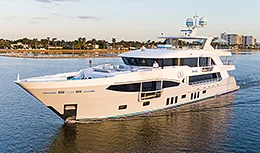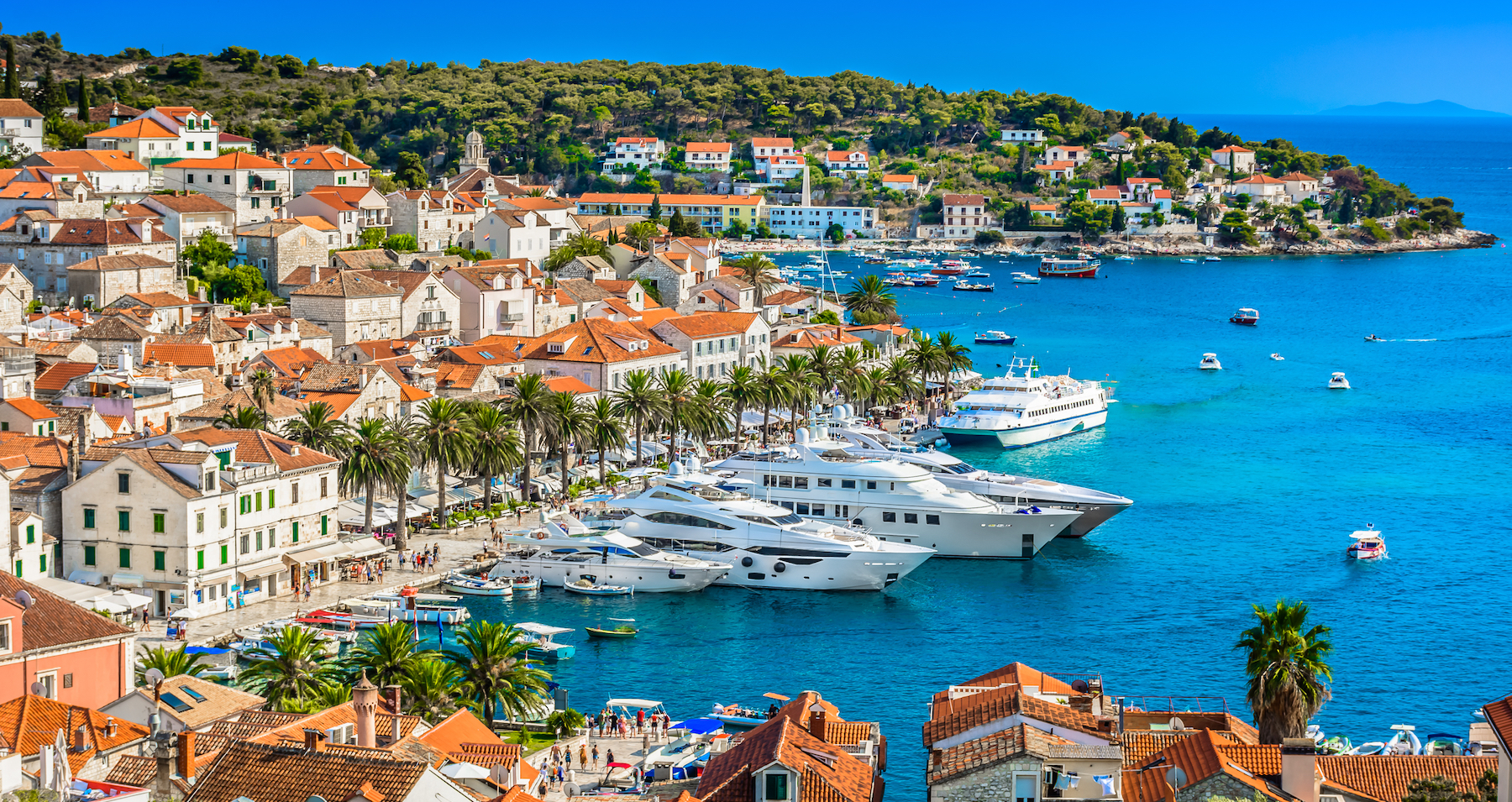- Alaskan Yachts
- Azimut Yachts
- Back Cove Yachts
- Beneteau Yachts
- Benetti Superyachts
- Bertram Yachts
- Boston Whaler
- Broward Yachts
- Buddy Davis Sportfish
- Burger Yachts
- Cabo Yachts
- Catamarans
- Carver Motoryachts
- Center Console
- Chris-Craft Yachts
- Cruisers Yachts
- DeFever Trawlers
- Dufour Sailboats
- Fairline Yachts
- Feadship Yachts
- Ferretti Yachts
- Formula Yachts
- Fountaine Pajot Cats
- Grady-White
- Grand Banks Trawlers
- Hargrave Yachts
- Hatteras Yachts
- Hinckley Picnic Boats
- Horizon Yachts
- Hydra-Sports
- Intrepid Boats
- Jarrett Bay Sportfish
- Jeanneau Yachts
- Kadey-Krogen Trawlers
- Lazzara Yachts
- Lekker Boats
- Luhrs Sportfish
- Marlow Yachts
- Maritimo Yachts
- Marquis Yachts
- McKinna Motoryachts
- Meridian Yachts
- Midnight Express
- MJM Yachts
- Mochi Craft
- Neptunus Motoryachts
- Nordhavn Trawlers
- Nordic Tugs
- Numarine Yachts
- Ocean Alexander Yachts
- Offshore Yachts
- Outer Reef
- Oyster Sailing Yachts
- Pacific Mariner Yachts
- Palmer Johnson Yachts
EU’s 25% Tax On U.S. Built Yachts Now Threatening Charter Market
March 8, 2019 11:00 am
European Union Custom Tax Fuels Debate
There’s been plenty of talk around the industry as of late regarding the 25% additional custom tax on U.S. built yachts performing commercial activities in EU waters. We wanted to provide as much information as possible on what’s being debated thus far, given this issue continues to evolve and appears to now be taking aim at the charter market.
The measures were originally adopted by the EU in June 2018 in response to U.S. enforced tariffs on steel and aluminum and were applied to all “sea going boats and yachts, with or without auxiliary motor, for pleasure or sports” imported from America.
Now, the European Committee for Professional Yachting (ECPY) has clarified that the 25% customs tax will also affect U.S. built yachts in the European charter market.
The ECPY clarified that the tax will not apply to privately registered and privately used U.S. built yachts, which will be permitted to sail in EU waters. This is on the condition they respect the temporary admission of 18 months for private use.
The ECPY also revealed that it is set to meet with EU customs imminently to further clarify the measures and how they will affect the chartering of U.S. built yachts in EU waters.
The news comes after U.S. shipbuilding was rocked by the additional taxation, announced in June 2018.
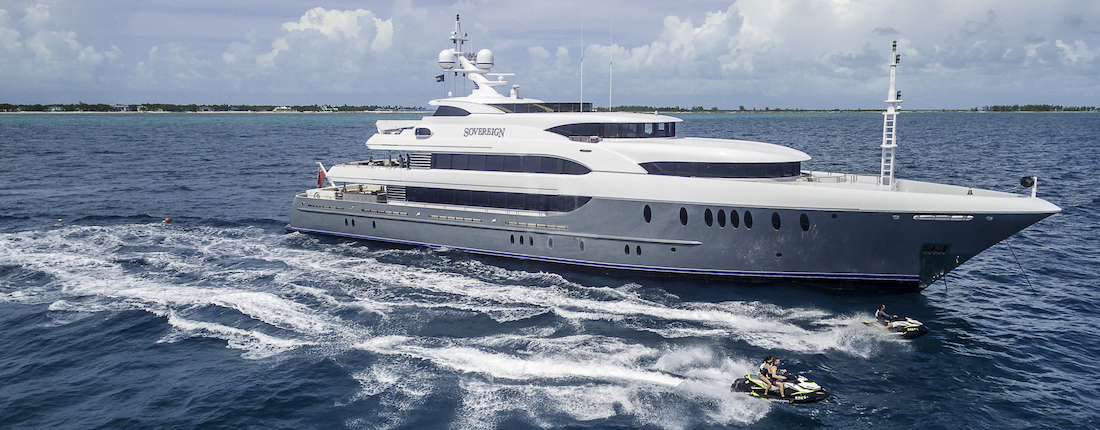
Nicole Vasilaros, senior VP of government relations and legal affairs at the National Marine Manufacturers Association (NMMA), recently told Boat International the trade dispute between the U.S. and EU had led to cancelled orders at U.S. shipyards. The “significant” 25% duty increase made the European market “basically unmarketable” for U.S. shipbuilders, she said.
“It’s impossible to absorb that cost – there are other boat builders that can fill up that gap and we’ve heard from manufacturers that they’re having orders cancelled,” she said. “For many U.S. builders between 10% and 30% of their business is exports. This is definitely causing an impact.”
While most builders were able to avoid the cancellation of orders, Vasilaros voiced concern that affected builders would soon be forced to make job cuts. “You can’t go on having orders cancelled and not sustain a hit in your workforce,” she warned.
While recognizing the “enormous” 25% levy, president of U.S. based shipyard Christensen, Jim Gilbert, said no prospective client had mentioned the tariffs. He suggested the true effect of the trade war between the EU and the US would be felt in “market deterioration.”
“I can hear our competitors in Europe using the prospective tariffs as a way of discouraging their clients from looking across the pond for a boat,” he said. However, he described yacht owners as “savvy folks” who do not scare easily.
“I think many buyers who are thinking over the two to three-year term of construction would assume, as I am assuming right now, that this is a lot of strutting and chest-puffing and ultimately will not take place.”
He added, “There is simply too much for the U.S. to lose in any trade war, especially with important, friendly European nations.” This was echoed by Vasilaros who said she hoped for a “quick resolution.”
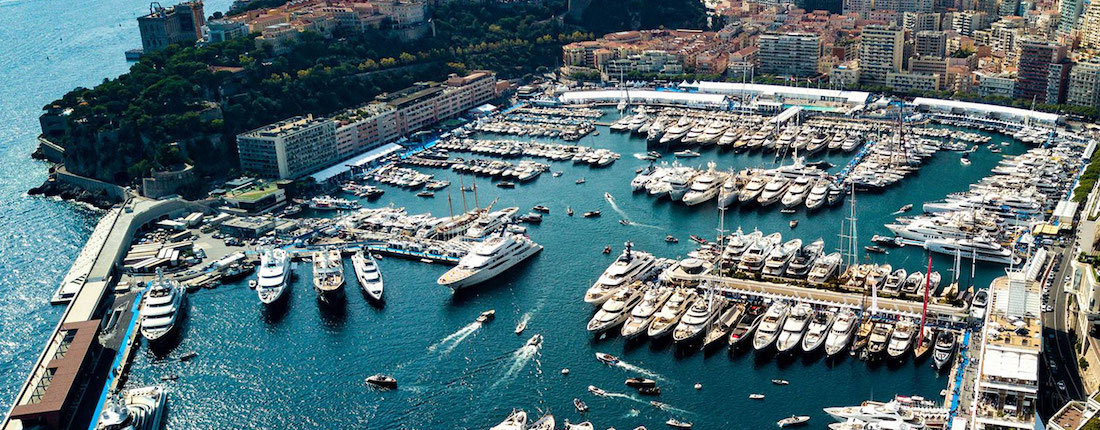
However, the NMMA joined the International Council of Marine Industry Association and the European Boating Industry to call on President Trump to end the escalating trade dispute.
In a letter addressed to President Trump, the presidents of all three organizations said the dispute had “effectively frozen the export market” and led to “marine dealers in the EU and Canada to cancel orders of U.S built boats.”
The letter continued, “Without a solution that immediately withdraws these tariffs or exempts key allies, the marine industry – and the global economy – will suffer.”
We’ll continue to follow this situation and report back as news develops.
Article sourced from Boatinternational.com

